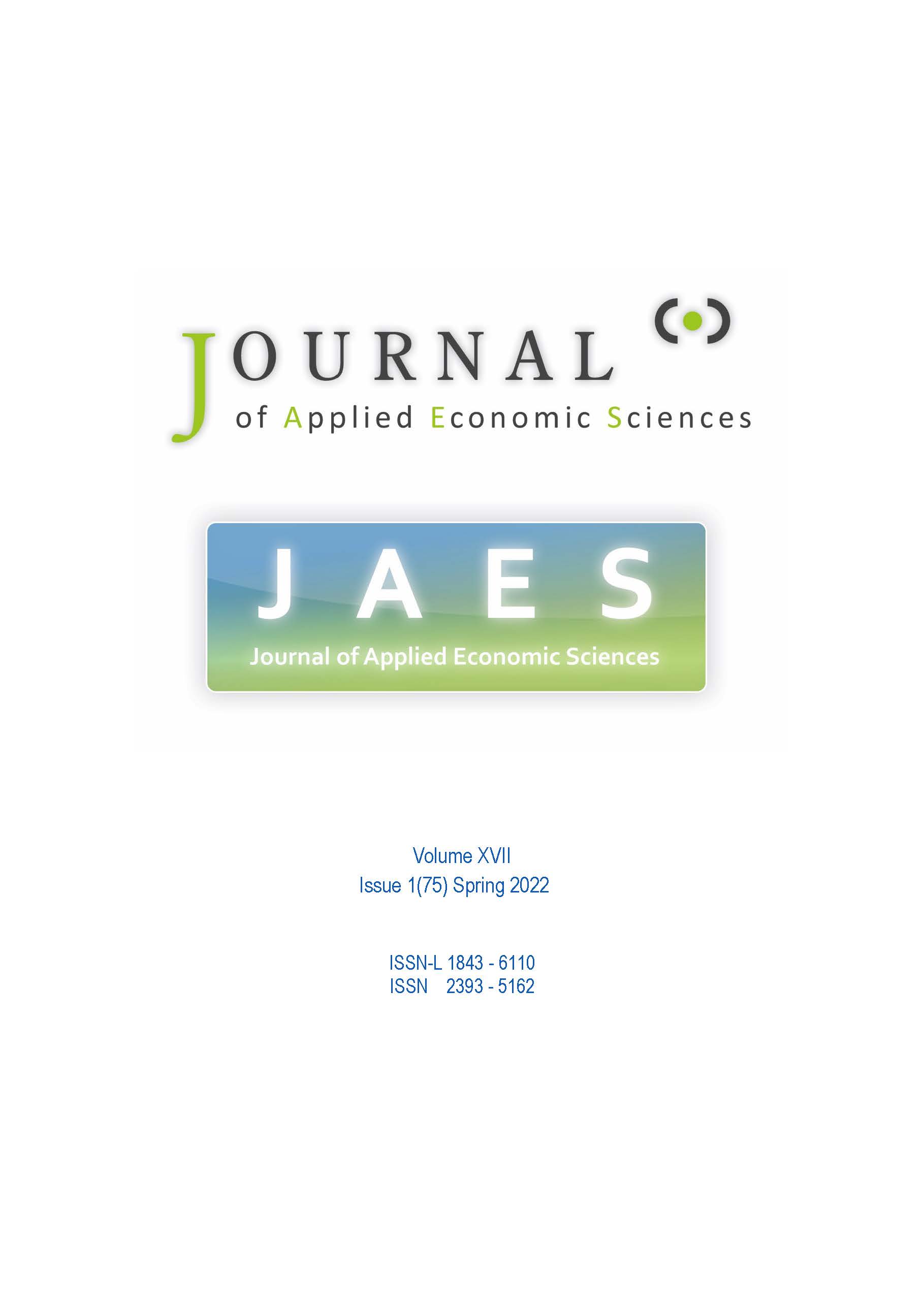Asymmetric Analysis of Tourism and Economic Growth in South Asian Countries: Lessons for Policymakers towards Mitigating the Adverse Effects of Covid-19
Asymmetric Analysis of Tourism and Economic Growth in South Asian Countries: Lessons for Policymakers towards Mitigating the Adverse Effects of Covid-19
Author(s): T.K. Jayaraman, Keshmeer MakunSubject(s): Economy, Business Economy / Management, Health and medicine and law, Economic development, Tourism
Published by: RITHA Publishing
Keywords: tourism; economic growth; Covid-19; nonlinear panel ARDL; South Asia;
Summary/Abstract: Since the first quarter of 2020, due to the spread of the Covid-19 pandemic, which is continuing unabated with the periodical emergence of new variants, international tourism has become one of the most affected sources of external earnings for developing countries. For the South Asian countries, the crisis was predicted to result in a 42% to 60% drop in tourist arrivals in 2020 and 2021. Tourism has been providing a great impetus to the growth of the informal sector supported by information and communication technology and the participation of women, both full-time and part-time in several small and mini enterprises. This panel study employing a nonlinear econometric methodology confirms the existence of an asymmetric association between tourism and economic growth for six South Asian countries for the period 1995 to 2018 for which data series are complete and officially available. While the positive partial-sum decomposition of tourism increased economic growth, the negative-sum decomposition of tourism had a much greater adverse effect on economic growth. There are some relevant conclusions with policy implications in the context of continuing uncertainties.
Journal: Journal of Applied Economic Sciences (JAES)
- Issue Year: XVII/2022
- Issue No: 75
- Page Range: 49-55
- Page Count: 17
- Language: English

